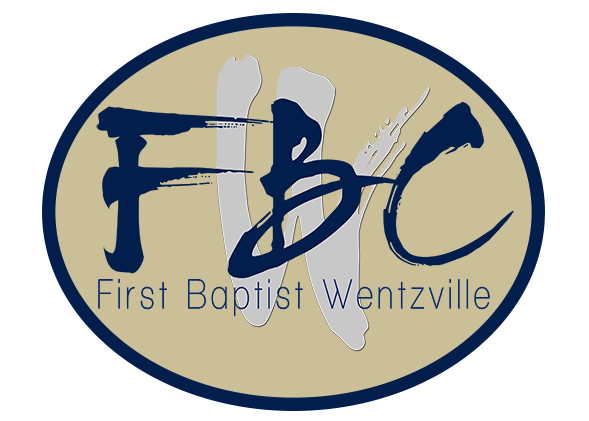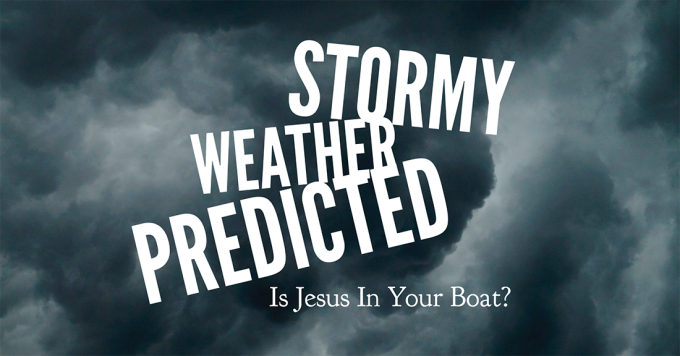WORD FAST ANYONE?
Word fast??? What’s a word fast? Most of us are familiar with the concept of fasting and it’s also probably something few of us attempt on a regular basis. And, when we do think of fasting, it is most likely a food fast. As the New Year starts, some of us may have overindulged over the holidays, so we might be thinking of a healthier diet, eliminating certain foods completely, or even starting an exercise program. But, how does a person start a word fast?
I recently read an article by Sylvia Gunter entitled, “Fast of Words: A Different Kind of Fast” (Fast Of Words: A Different Kind of Fast | by Sylvia Gunter (thoughts-about-god.com). In this article, she states that God has led her to fast from critical, complaining, judgmental, and negative words. Wow! This might severely restrict our vocabulary. For most of us, it will be much harder to do a word fast than it would be to do a food fast. At some point in our lives, we may have already decided that we will never write harmful words down on paper that could come back and haunt us. We have all heard the chant, “Sticks and stones may break my bones, but words will never hurt me.” We also know this is definitely not true. Even though we may apologize for our words (spoken or written), our careless, unkind words do indeed hurt, leave scars, and are often remembered longer than a physical wound.
While we may be making progress in the spoken and/or written word areas, most of us will have to admit we have a really hard time controlling our thoughts and making them obedient to Christ. A person cuts us off on the highway, a clerk is rude to us in the store, someone says something unkind about a member of our family, we remember a past hurt or an insult, or any other attack Satan decides to send our way—and immediately our thoughts take a wrong turn. The battle is lost or won in our hearts before we ever speak or write a word. We sometimes forget that God not only sees and hears all—He also knows every thought we have.
God’s Word has so much to say about our hearts and our words, and I challenge you to read all of them. The following verses are just a few of His instructions in this area:
Proverbs 4:23-24: “Above all else, guard your heart, for it is the wellspring of life. Put away perversity from your mouth; keep corrupt talk far from your lips.”
Proverb 12:18: “The words of the reckless pierce like swords, but the tongue of the wise brings healing.”
Jesus tells us in Luke 6:45: “The good man brings good things out of the good stored up in his heart, and the evil man brings evil things out of the evil stored up in his heart. For out of the overflow of his heart his mouth speaks.”
Colossians 3:8: “But now you must rid yourselves of all such things as these: anger, rage, malice, slander, and filthy language from your lips.”
Colossians 3:12-14: “Therefore, as God’s chosen people, holy and dearly loved, clothe yourselves with compassion, kindness, humility, gentleness and patience. Bear with each other and forgive whatever grievances you may have against one another. Forgive as the Lord forgave you. And over all these virtues put on love, which binds them all together in perfect unity.”
Philippians 4:8: “Finally, brothers, whatever is true, whatever is noble, whatever is right, whatever is pure, whatever is lovely, whatever is admirable—if anything is excellent or praiseworthy—think about such things.”
Most of us are familiar with this anonymous poem:
A careless word may kindle strife;
A cruel word may wreck a life;
A timely word may level stress;
A loving word may heal and bless.
In 1988, when the late president George H. W. Bush gave his acceptance speech for the Republican nomination for president, he voiced a desire for a “kinder, gentler nation.” In my opinion, we were kinder and gentler in years past. Unfortunately, again in my opinion, this past year 2020 strongly surpassed all previous years with constant displays of uncontrolled anger, criticism, condemnation, ridicule, sarcasm, and all the other behaviors God hates.
What can a believer do? Let’s consider a “word fast.” Don’t expect it to be easy, and don’t expect Satan to take a vacation and leave us alone while we try to follow God’s commands about the words we think, speak, or write. Remember, we cannot do this in our own strength—we need the Holy Spirit to strengthen us. Ask Him to convict us immediately when our thoughts take a nose dive, a wrong turn, or we fret and stew about past offenses. Confess this wrong thought or attitude to God, receive His forgiveness, and start all over again. While we cannot change the whole world, we can work right where we are. Let’s resolve to do our part and work together to help make our country a “kinder, gentler nation,” our church a “kinder, gentler church,” and our family a “kinder, gentler family.” Let’s amaze our families and friends!
May the words of my mouth
And the meditation of my heart
Be pleasing in your sight,
O Lord, my Rock, and my Redeemer.
Psalm 19:14



